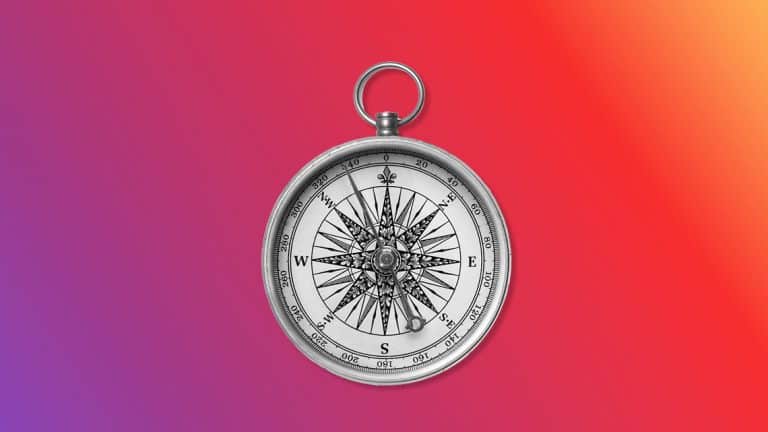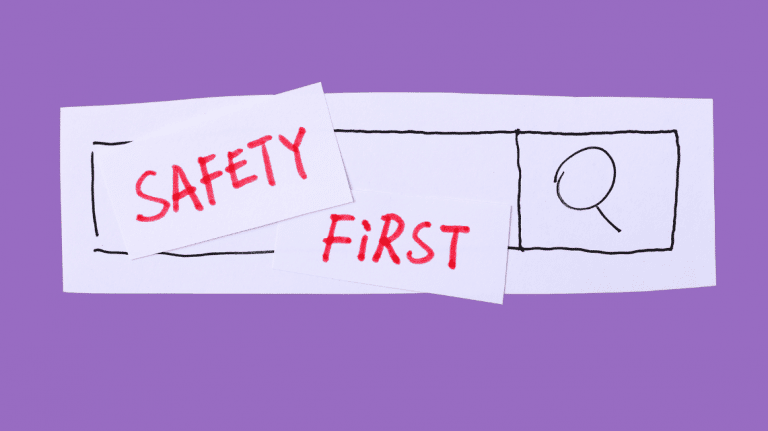How to use a VPN
A Virtual Private Network can help protect your online privacy and secure your data

A VPN before, or Virtual Private Networks, can help you bypass region blocks for popular content sites like Netflix and the BBC’s iPlayer service, but did you know that a VPN can also help improve your online security?
A VPN serves as an encrypted ‘tunnel’ that shields your connection whenever you go online. For example, after connecting to a free Wi-Fi hotspot you can use a VPN to add another layer of security to protect your login credentials against interception.
Increasingly, security conscious internet users are relying on a personal VPN to hide their IP address and provide a basic level of anonymity not available when surfing without one.
A VPN won’t help you evade all forms of online tracking. Destination websites will still be able to log your browsing activity but combined with using your browser in private or incognito mode it can help to protect what you do online.
How do I choose a VPN provider?
A VPN helps protect both your online privacy and secures your sensitive data as it travels across the internet.
You can usually trial a VPN service for free and then subscribe for an ongoing fee. To get started download software that establishes a trusted connection between you and the provider. Many VPN services then allow you to choose which country you want to appear to be based in when going online.
There are hundreds of options out there and choosing can be difficult. Some options to consider when choosing a VPN solution might include:
- how secure their service is (SSL rating)
- where the provider is based
- how much personal information they require from the user
- how much metadata they log
- how willing they are to provide records to law enforcement.





